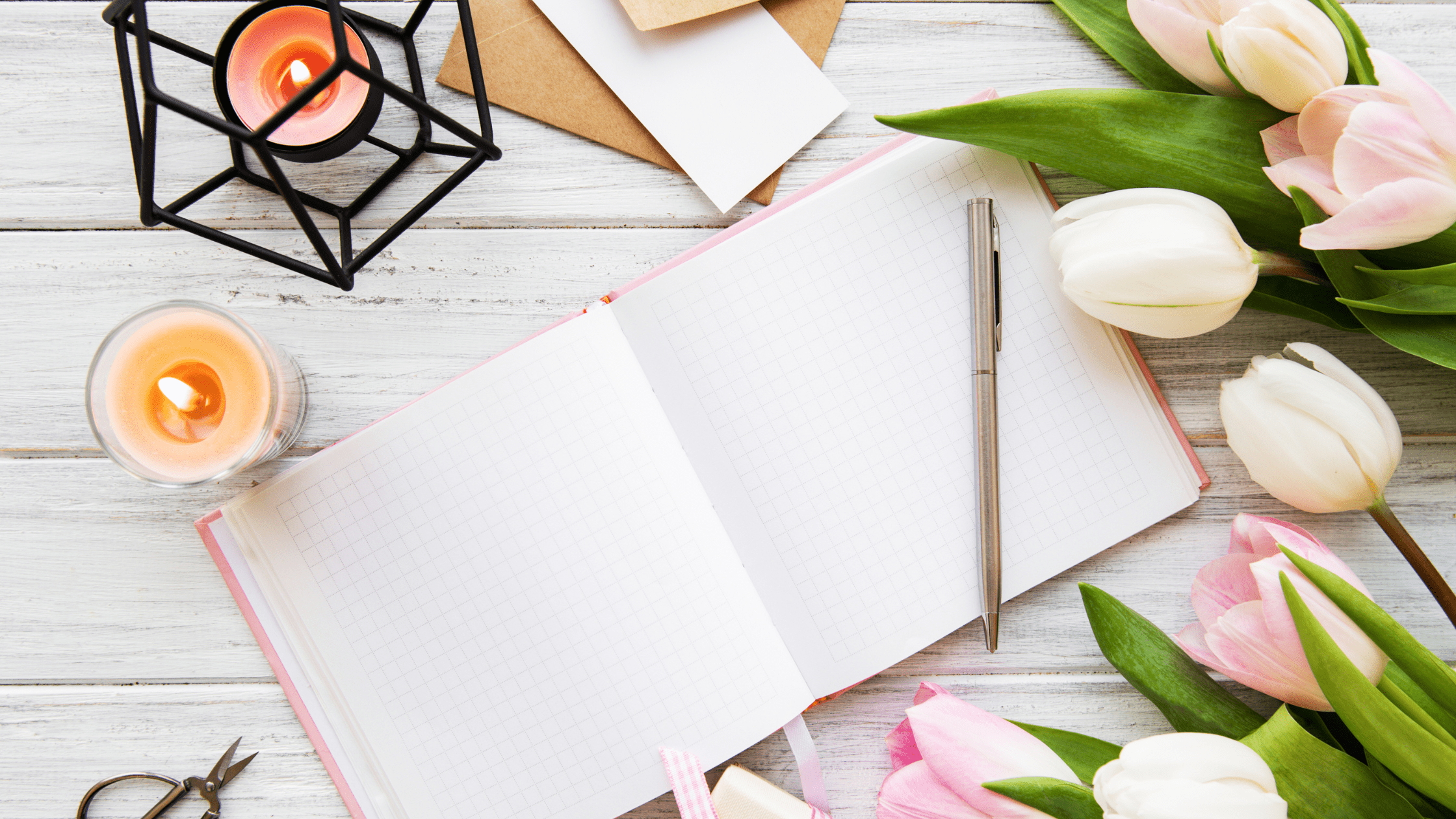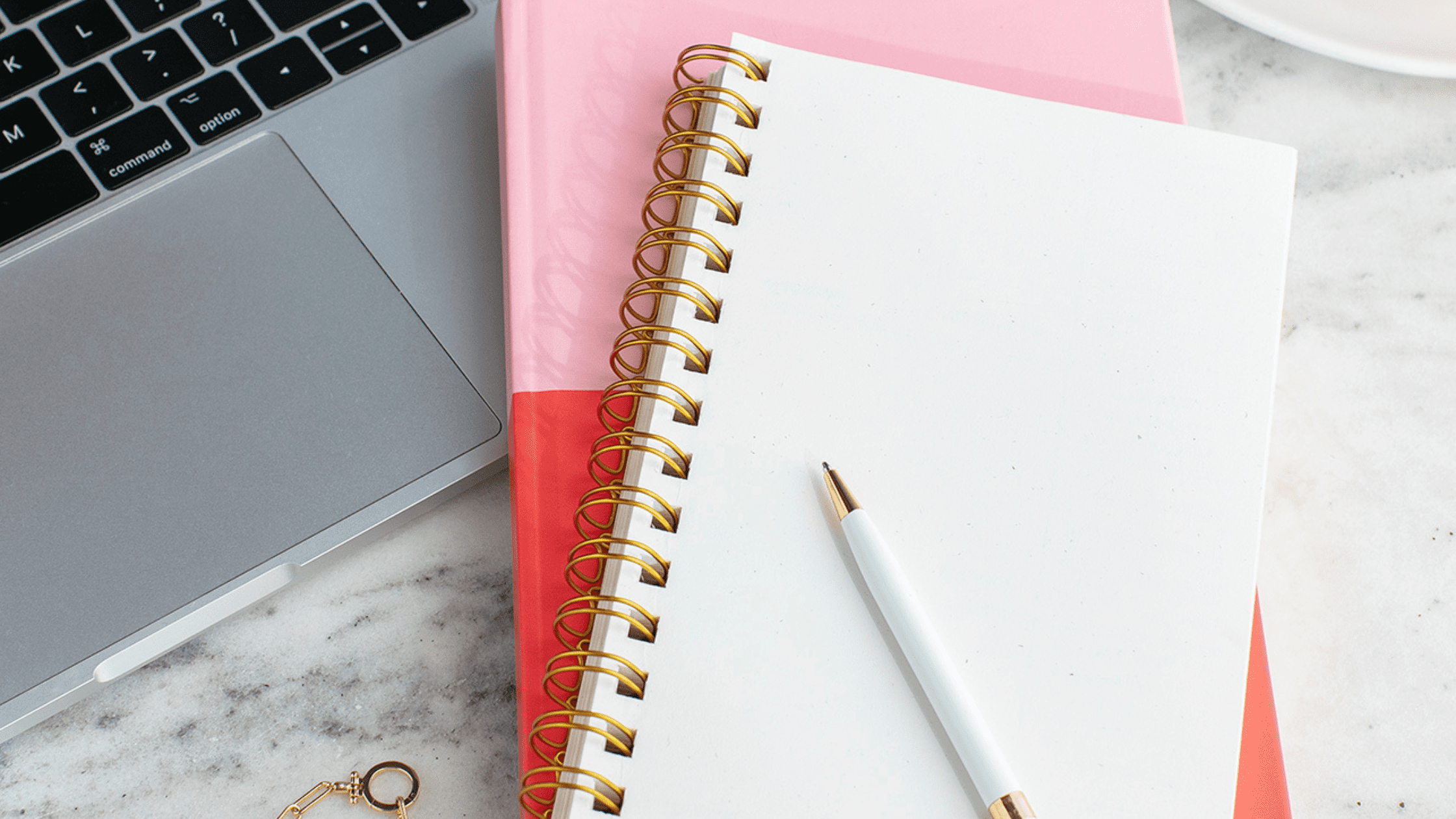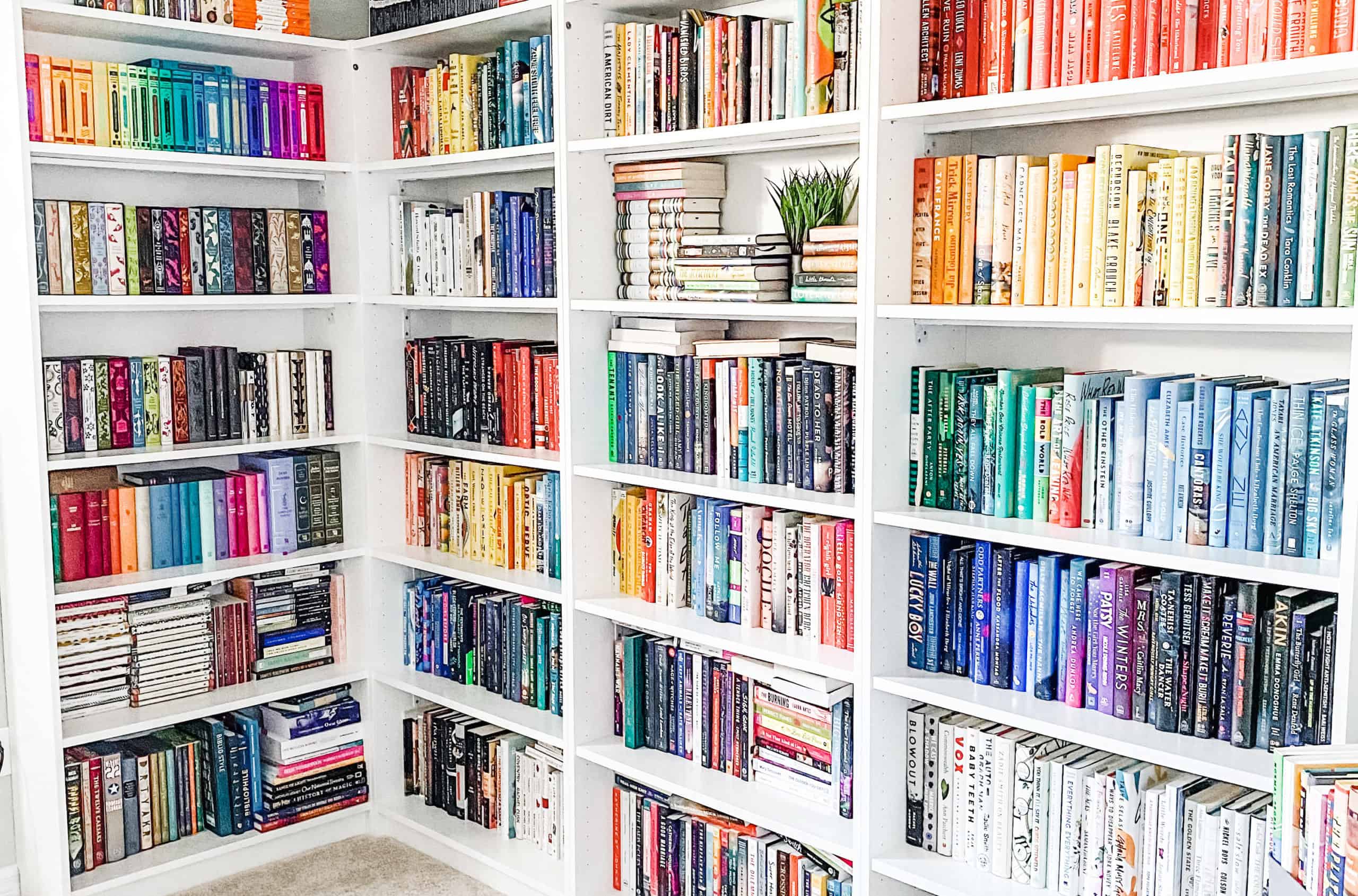Last Updated on March 15, 2024 by BiblioLifestyle

If you’re looking for a way to slow down, de-stress, and reflect on your day, journaling may be the perfect activity for you. When you keep a journal, you own something far more valuable than just memories — you are also taking care of your mental well-being. Writing in a journal is an excellent way to reflect on the events of your day, recognize the things you are thankful for, and gain clarity about what’s going on in your life. It can also be a way to celebrate joys, provide stress relief and help restore balance in times of chaos. With this beginner’s guide, you’ll learn the journaling basics to help you get started.
Everything About Journaling
How do beginners start journaling?
The best way to start journaling is to begin with a few simple prompts and build up your skills as you go. As you get more comfortable, you can try longer topics or even free-write about whatever comes to mind. If you’re looking for a list of journal prompts, I have an article filled with prompts on mental health, gratitude, self-discovery, healing, anxiety, self-love, and reflection to help get you started no matter where you are
What are the 3 types of journaling?
1. Reflection Journaling
This is all about taking the time to think and reflect on your day-to-day experiences. It can help increase self-awareness, provide clarity on difficult decisions, or serve as an emotional outlet for difficult emotions. For more on reflection journaling and to get prompts, check out Reconnecting with Yourself: Journaling Prompts for Self Reflection.
2. Goal Journaling
This helps you set intentions and track your progress towards any goals you have in mind. It can be especially helpful when it comes to developing healthy habits and working on personal development. A great example of a goal journal would be a reading journal which can help you stay on track to achieving your reading goals.
3. Gratitude Journaling
This is all about taking the time to reflect on the good things in life and appreciate them. Writing down things you’re grateful for can help boost happiness and foster an overall sense of contentment.
What is journaling vs. diary?
Journaling and diary-writing are two different ways of recording your thoughts and experiences. A journal is more open-ended, allowing you to explore topics or ideas in a reflective way. A diary is more focused on recording day-to-day events and activities as they happen—essentially a chronological account of your life.
Journaling Techniques
1. Bullet Journaling
Bullet Journaling is a popular method created by Ryder Carroll, designed to be a customizable system that can work as a to-do list, sketchbook, notebook, and diary. It involves organizing your thoughts using bulleted lists, segments, and symbols, making it easy to keep track of everything from daily tasks to long-term goals. It’s also great for visually-minded people who enjoy doodling or sketching.
2. Stream-of-Consciousness Writing
Stream-of-consciousness writing is a powerful journaling technique that involves writing down your thoughts as they come without worrying about grammar, punctuation, or making sense. It’s an excellent way to tap into your subconscious mind, uncover deeper thoughts and feelings, and deal with unresolved issues.
3. Art Journaling
Art journaling is a creative and therapeutic way to express oneself. It involves combining visual art and writing to express your thoughts, feelings, and ideas. This technique is not limited to drawing and painting but can also include collages, stamps, stickers, and anything else that adds visual interest to your pages. It’s an ideal technique for those who communicate best through visual means.
Benefits of Keeping a Journal
Keeping a journal can be an incredibly powerful tool for managing stress, tracking progress, and exploring your thoughts. It can also help you gain self-awareness and access buried memories. If you’re interested in learning even more about the benefits of journaling, I discuss seven notable benefits of beginning a journaling practice in a separate article.

Steps to Start Your Own Journal
1. Choose What You’d Like to Reflect On.
When starting a new journaling practice, it would be beneficial to think about what you want to focus on. For example, do you want to track your accomplishments each day? Reflect on any problems that are bothering you. Finally, start a positive habit of writing at least once a day.
Knowing your goal will help guide you as you write in your journal, so spend some time thinking about what reflections would be most beneficial for you. Of course, if you decide to treat your journal as the one place you write everything, that is ok too.
2. Choose Your Journaling Medium
Once you’ve decided what you would like to reflect on or write about in your journal, you need to determine what medium works best for you. Some people prefer traditional pen and paper journals that come in all shapes and sizes; others opt for digital versions like apps or websites. There are many great options, so take some time to explore what works best for you.
3. Invest in the Right Supplies
Once you’ve decided on a medium, you must gather your supplies. While online journaling is an option, nothing beats traditional pen and paper for writing personal reflections. To start your journal, invest in a good notebook sturdy enough to hold up to regular use and one with pages you feel comfortable writing on. Next, pick a few pens or pencils—one that writes well and is comfortable to write with. You can also invest in stickers, craft paper for collages, or paint. Whatever you decide, make it your own.
Related, check out: Journaling Books & Notebooks To Spark Your Journaling Practice.
MY RECOMMENDED SUPPLIES

4. Decide Where and When You’ll Journal
You’ll need to set aside time and find a comfortable place where you can journal. Doing it around the same time and in the same location each day can prompt you to write more consistently and create good habits. If you’re looking for somewhere quiet, consider going outdoors or taking advantage of some alone time in a coffee shop. If reflections are better at the start or end of your day, make time for journal at that time. So, in the beginning, experiment with a few places and at different times. Then make it part of your daily routine when you find what works best for you.
5. Set A Schedule And Stick To It
It’s important to find a rhythm when it comes to starting a journal so that it becomes an integral part of your daily routine. Set aside a certain amount of time each day (even if it’s just five minutes!) dedicated solely for reflecting through writing in your journal—and stick with it! After doing this consistently for several weeks or months, you might even start looking forward to those moments when you can take some private time with yourself away from all the hustle and bustle of everyday life.
6. Start Writing and Discover Your Unique Writing Style
In order to start a journaling habit, you will need to just start putting pen to paper. When writing a journal, you’ll also discover your unique style, so let your thoughts flow naturally. Be specific and detailed—the more concrete details you can provide, the more powerful and meaningful your reflection will be. Talk about how you’re feeling, who was there, why something made an impression on you, and what happened next—all of these elements will provide context for your reflections which can be incredibly valuable down the road.
If you need prompts to help you as you start writing, check out: Journaling Prompts: 87 Ideas To Help You Get Started.
7. Focus On What Matters To You
Remember that it’s all about you and whatever matters most to you personally. Start by writing down the things that have been bothering you or weighing heavily on your mind lately. Then, take time to think about each point before moving on to the next one—it will help give your entries more clarity and purpose.
In addition to writing about negative experiences, make sure to write about the positive aspects of your life too! Reflect on happy moments from throughout the day or week, list any successes or achievements recently accomplished, and express gratitude for things both big and small. All these things will help ensure that your reflections are as balanced as possible.

8. Keep Your Journal Safe & Private
Writing in your journal is a very personal exercise. It is important to feel comfortable expressing your true and honest reflections without the fear of being discovered or shared with others. To keep your journal safe, find an area to store it that you can access easily but one that is also secure. Whether it’s filing your journal away in a home safe, storing it on an encrypted password-protected hard drive, or encrypting the contents of your journal digitally, make sure you still have easy access when you need it.
Journaling isn’t hard – but getting into the habit can be challenging if you don’t know where to start. Hopefully, this beginner’s guide has given you all the tips and tricks to hit the ground runnin! Remember – choose your medium carefully, focus on what matters most, set a schedule, and stick with it – soon enough, daily reflection through writing will become second nature.
What is your relationship with journaling?
Are you a journaler? Are you planning to start a journal? Let us talk about it in the comments below!
CHECK OUT:
- The Benefits of Journaling & Why You Should Keep a Journal
- Journaling Prompts: 87 Ideas To Help You Get Started
- Reconnecting with Yourself: Journaling Prompts for Self Reflection
- Journaling Books & Notebooks To Spark Your Journaling Practice
READING JOURNALS:




+ show Comments
- Hide Comments
add a comment